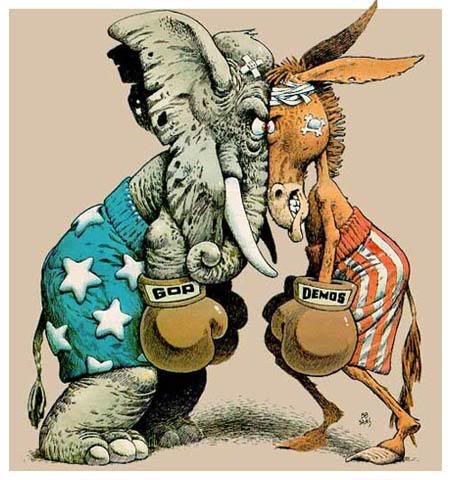"Texas Liquor Cops Rarely Disciplined"
Integrity, respect, and responsibility are a few of the things that officers require of us when it comes to the law and when within proximity to fellow citizens. However, just because they serve as enforcers of the law does not exempt them from the rules of conduct that citizens have to follow. They are excluded from this contract only when administering force or action is necessary; but excessive use and unnecessary abuse of violence breaches certain codes of conduct that not even they are allowed.
An article from the Houston Chronicle called "Texas Liquor Cops Rarely Disciplined" states that the Texas Alcoholic Beverage Commission (TABC) has been accused of “improperly tackling, punching and using pepper spray” and has a “reputation for heavy-handedness.” When I read this statement, I took into account the officers’ need for self-defense and the unwillingness of the drunkard to consent to the officer’s wishes. However, as the article progresses one of the allegations concern a patron of a Fort Worth gay bar being put into a hospital for more than a week. Then I ask myself, “was the lack of compliance so bad that enough force was utilized and needed to place the person in the hospital for a week?” These are the times when the integrity of the officers comes into question. The agents were fired as well as the supervisor which indicates that there must have been a breach in protocol and improper methods were most likely administered.
Another shady detail that I thought was interesting was that the supervisors are the ones that overlook the cases of their agents. I was very skeptical about this fact because of the strong bias this must have against the victims since both the officers and their supervisors have a mindset contrary to the victims'. It comes to no surprise that only 39 of the 234 allegations of excessive force or unprofessional conduct have been closed without disciplinary action. The article further states that Alan Steen, the commission’s administrator since 2003, “acknowledged [that] there were problems early in his tenure with the thoroughness of some misconduct investigations but that the process has improved since new officers were hired to run the internal affairs unit.” The question comes to mind whether violence that officers use will decrease significantly just through replacement of previous accused agents.
One TABC agent named Jeff Rendon has even had three excessive-force allegations which were the most of any officer in 2004. Two of the allegations he escaped from without a scratch because one was ruled unfounded by his supervisor and the other was ruled justified, even though TABC never contacted the alleged victim.
I strongly feel that the TABC needs a new protocol in not only assessing the allegations brought on by victims but also the procedures that officers utilize when apprehending drunkards. They need to have a way to justify their actions in a court of law such as camera-to-station feedback or even have a different supervisor aid in assessing the case. The importance of the article lies in knowing that in that given situation I or anyone could be subject to that kind of violence and yet in the aftermath could do nothing about it. Until then, feeling safe proves very difficult considering our protectors are able to breach the limits of integrity and the codes of conduct that we protect ourselves with.
Tuesday, September 22, 2009
Subscribe to:
Comments (Atom)


